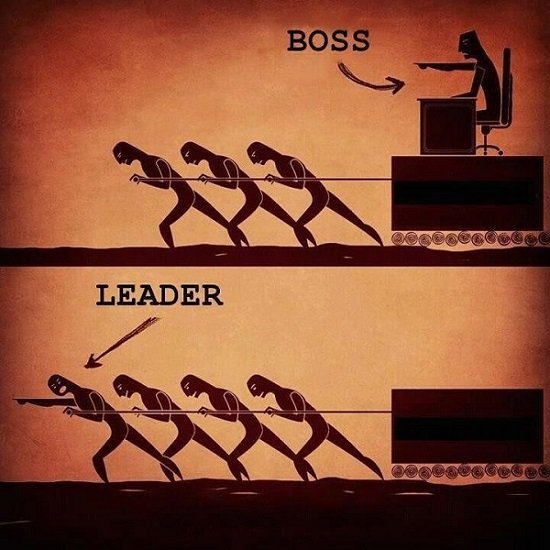Leading a team competently is increasingly an indispensable skill for professionals in the job market who want to take their career to the next level or increase the performance level of the department under their supervision.
There are several perspectives on the different types of leadership, and consequently on the set of qualities and characteristics that define a good leader.
However, there are a number of skills that are transversal to whatever the perspective or style of leadership – and these are the foundations on which the basis of a good leadership capacity will rest.
About Leadership Theories
There is no magical combination of characteristics that make a leader successful. However, this does not mean that there are not a few who make this success more likely and that we cannot learn to be more effective leaders. As a preliminary step towards this goal, we need to understand the various approaches to leadership, so that the right attitude can be used for a specific situation. One way to do this is to know the main theories to be a good leader.
Leadership theories seek to explain how certain people become leaders. These theories generally focus on the characteristics of leaders, but some try to identify the behaviors that people can adopt to improve their own leadership skills in different situations.
Early debates about leadership psychology generally suggested that such skills were simply skills that people were born with. Some recent leadership theories propose that having certain traits can help people become natural leaders, but that experience and situational variables also play an important role.
Early leadership theories focused on the distinguished qualities between leaders and followers, while later leadership theories analyzed other variables, such as situation factors and skill levels.
Theories of the “Great Man”
According to this point of view, great leaders are simply born with the necessary internal characteristics, such as charisma, confidence, intelligence and social skills. The theories of great men assume that the capacity for leadership is inherent, that is, that great leaders are born, they are not made.
Theories of Traits
Theories of traits are similar in some ways to the theories of the Great Man. They assume that people inherit certain qualities and characteristics that make them more suitable for leadership. These theories observe personality traits and behaviors that contribute to leadership.
Contingency Theories
Contingency theories highlight leadership styles depending on the situation the leader is in. They focus on specific variables related to the environment that can determine which particular leadership style is most appropriate for the situation. Truly effective leadership involves not just the qualities of the leader, but a balance between behavior, needs and context.
Situational Theories
Situational theories, like contingency theories, see leaders adapt to the situation in which they find themselves. The difference is that the leader is considered to change his leadership style according to the changing situation. Situational theories include a change in the motivation of the leader, as well as the skills of individuals who are followers.
Theories of Behavior
With theories of behavior, the belief is that leaders are formed or created, regardless of whether they are born with one or another characteristic. Leadership would be learned through observation and teaching. As with other behaviors, it is believed that leadership can also be learned and developed.
Participatory Theories
Theories of participatory leadership suggest that the ideal leadership style is one that takes into account the role that others can play. The inclusion of others in the leader’s decision-making process is vital in theories of participatory leadership. Good leaders would actively seek the contribution of others.
Management or Transactional Theories
Management theories, also known as transactional theories, focus on the role of group supervision, organization and performance. These theories base leadership on a system of rewards and punishments, that is, on a system of managing the performance of individuals by leaders in which success is rewarded and failures are punished.
Relationship or Transformational Theories
Relationship theories, also known as transformational theories, focus on the connections formed between leaders and followers. This approach is not only focused on the performance of the group, but is also interested in each member of the group who can develop its full potential.














